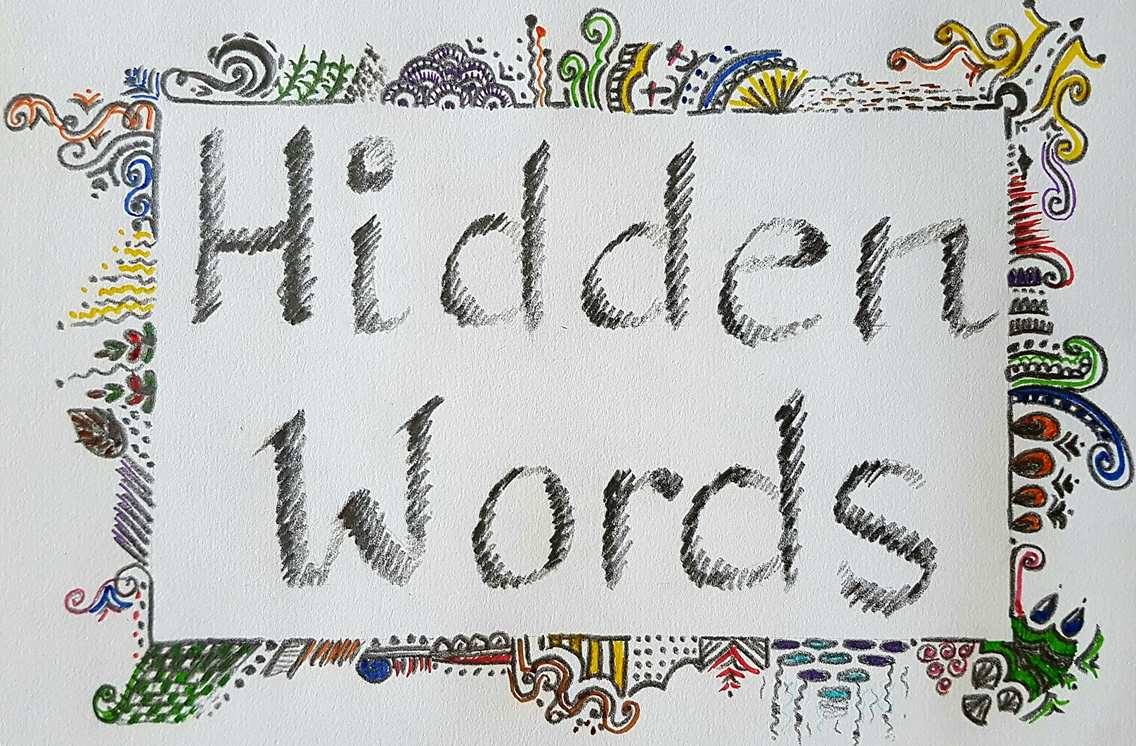
Mystic Gems – the Hidden Words of Bahá’u’lláh

Among the most well-known works of Bahá’u’lláh are the Hidden Words. They are written in brief “gem-like utterances”,[1] 71 in Arabic and 82 in Persian. They are at once of crystalline clarity and yet impenetrable in their allusion to a spiritual reality beyond our day-to-day experience.
The Hidden Words are among the works which Bahá’u’lláh wrote in the voice of the “truth-seeker and mystic”.[2] They were written in 1857–58 and were the fruit of Bahá’u’lláh’s meditations while walking the banks of the Tigris River in Baghdad.
Bahá’u’lláh introduces them as follows:
This is that which hath descended from the Realm of Glory, uttered by the tongue of power and might, and revealed unto the Prophets of old. We have taken the inner essence thereof and clothed it in the garment of brevity, as a token of grace unto the righteous, that they may stand faithful unto the Covenant of God, may fulfill in their lives His trust, and in the realm of spirit obtain the gem of Divine virtue.[3]
Each verse begins with an address, such as “O Friend”, “O Son of Man”, “O Fleeting Shadow”, “O My Servant”, “O Moving Form of Dust”, among others, each framing a particular relation between the soul and the divine.
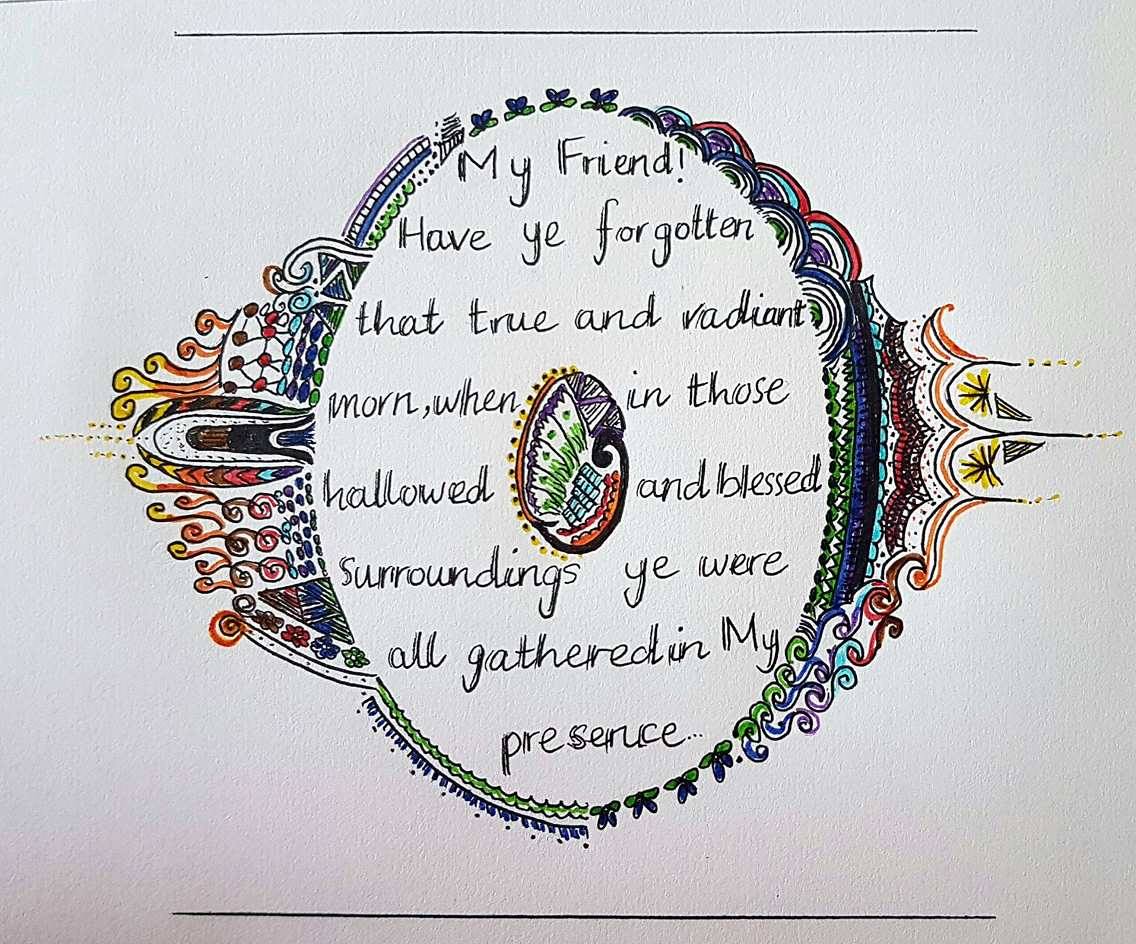
Among the most striking is the following:
Have ye forgotten that true and radiant morn, when in those hallowed and blessed surroundings ye were all gathered in My presence beneath the shade of the tree of life, which is planted in the all-glorious paradise? Awestruck ye listened as I gave utterance to these three most holy words: O friends! Prefer not your will to Mine, never desire that which I have not desired for you, and approach Me not with lifeless hearts, defiled with worldly desires and cravings. Would ye but sanctify your souls, ye would at this present hour recall that place and those surroundings, and the truth of My utterance should be made evident unto all of you.[4]
Our concepts of time, self and memory are conditioned by a material reality in which we are yet trapped. How I long for the veils of the world to fall away and for those things we have forgotten to be revealed!
Many of the Hidden Words are beautiful in the intimacy they disclose between lover and divine beloved:
I loved thy creation, hence I created thee. Wherefore, do thou love Me, that I may name thy name and fill thy soul with the spirit of life.[4]
Yet some deal with human relations, reminding us that our own spiritual journey is inextricably intertwined with that of our fellow human beings and our deeds in this material space.
The best beloved of all things in My sight is Justice; turn not away therefrom if thou desirest Me…. By its aid thou shalt see with thine own eyes and not through the eyes of others, and shalt know of thine own knowledge and not through the knowledge of thy neighbor.…[5]
Vaunt not thyself over the poor.…[6]
Bestow My wealth upon My poor, that in heaven thou mayest draw from stores of unfading splendor…. [7]
How couldst thou forget thine own faults and busy thyself with the faults of others?[8]
Know ye not why We created you all from the same dust? That no one should exalt himself over the other.[9]
Many of the Hidden Words draw attention to the requirements of a life of spirituality:
My first counsel is this: Possess a pure, kindly and radiant heart, that thine may be a sovereignty ancient, imperishable and everlasting.[10]
Love Me, that I may love thee. If thou lovest Me not, My love can in no wise reach thee. Know this, O servant.[11]
Wert thou to speed through the immensity of space and traverse the expanse of heaven, yet thou wouldst find no rest save in submission to Our command and humbleness before Our Face.[12]
We have previously seen that Bahá’u’lláh’s purpose throughout his writings, whether mystical or social, is to foster unity among human beings. Another principle of Bahá’u’lláh’s teachings involves a concern to focus thought and action on the present-day needs of humanity.
The remedy the world needeth in its present-day afflictions can never be the same as that which a subsequent age may require. Be anxiously concerned with the needs of the age ye live in, and centre your deliberations on its exigencies and requirements.[10]
If this principle is considered in relation to the Hidden Words, we find a selection of insights from the spiritual and mystical heritage of humankind that Bahá’u’lláh considers necessary in our present-day world. What would the world be like if as human beings we lived up to their high standard?
Image Credits: Thank you to Donya Eghrari for the two beautiful illustrations which she created for this article and which appear above.
This article is the 15th in a series of what I hope will become 200 articles in 200 days for the 200th anniversary of the birth of Bahá’u’lláh. The anniversary is being celebrated around the world on 21 and 22 October 2017. The articles are simply my personal reflections on Bahá’u’lláh’s life and work. Any errors or inadequacies in these articles are solely my responsibility.

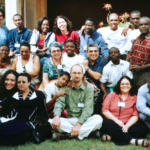
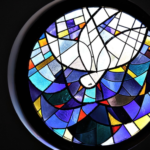
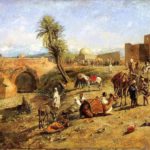
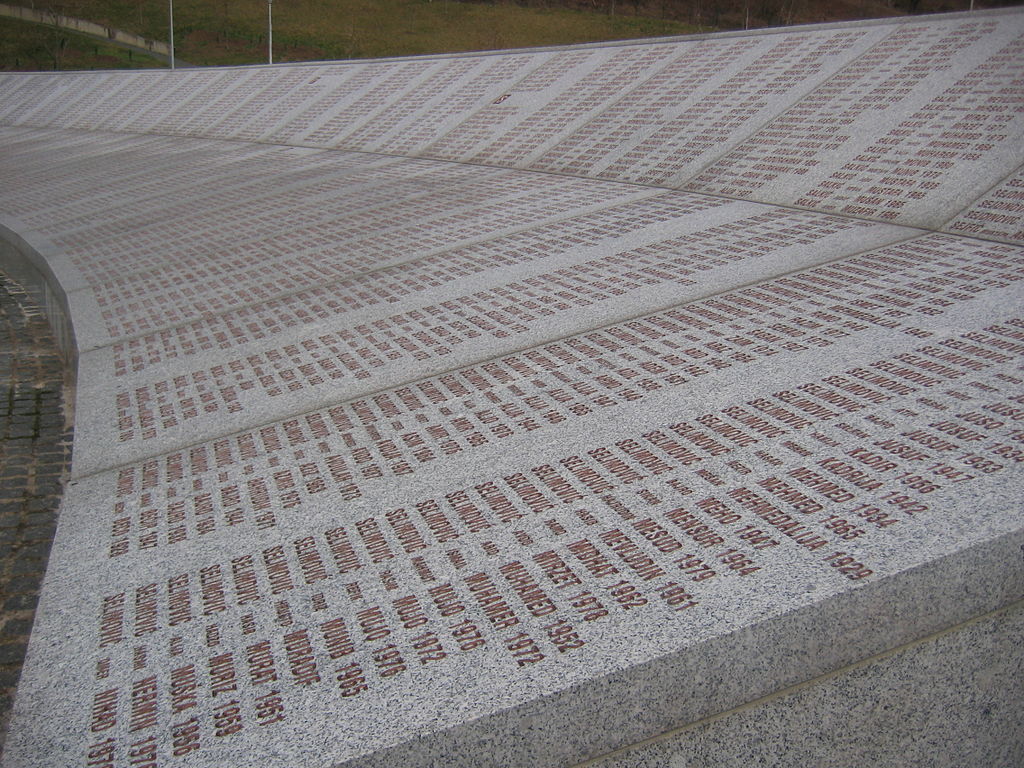
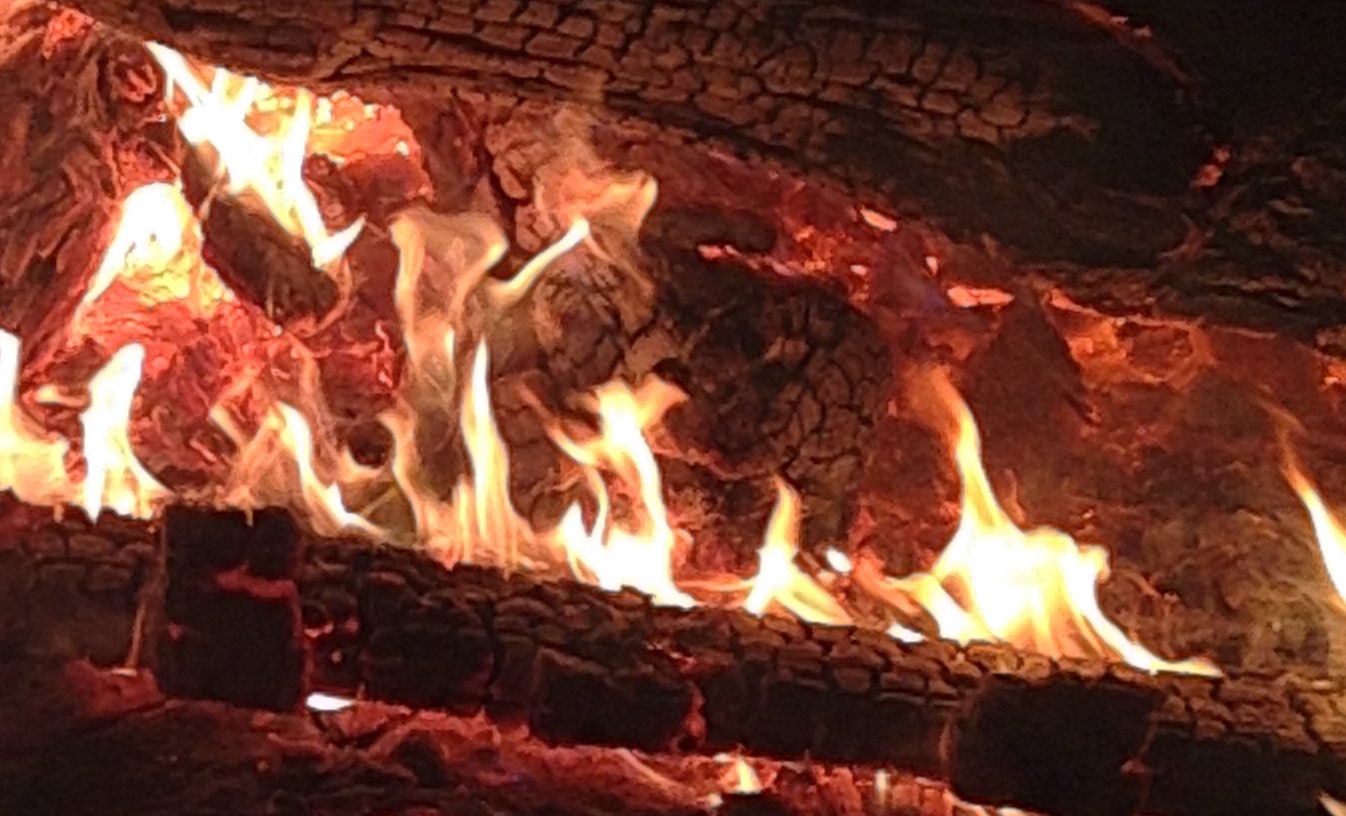
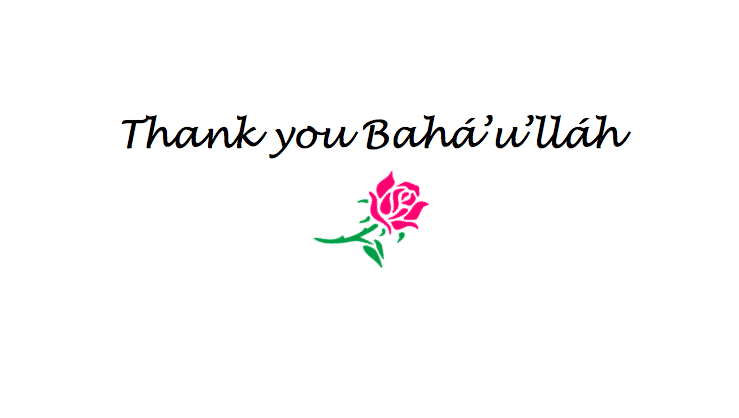
2 Comments
Michael Curtotti
Thanks Dean, I hope I am sustained to complete this journey. Please keep me in your thoughts.
Dean Hedges
14 Glory 174
Thank you for showing forth dedicated service to our Lord.
It will be a remarkable achievement to write 200 articles in preparation for the 200th Twin Birthdays.